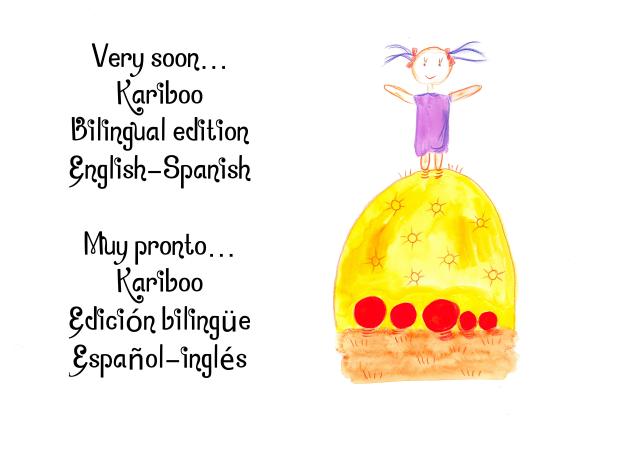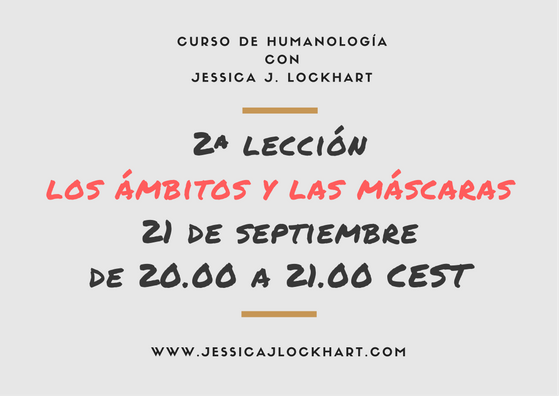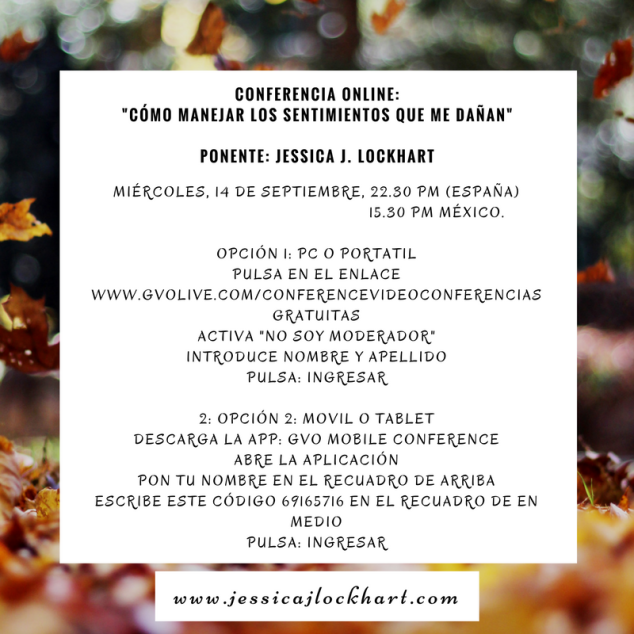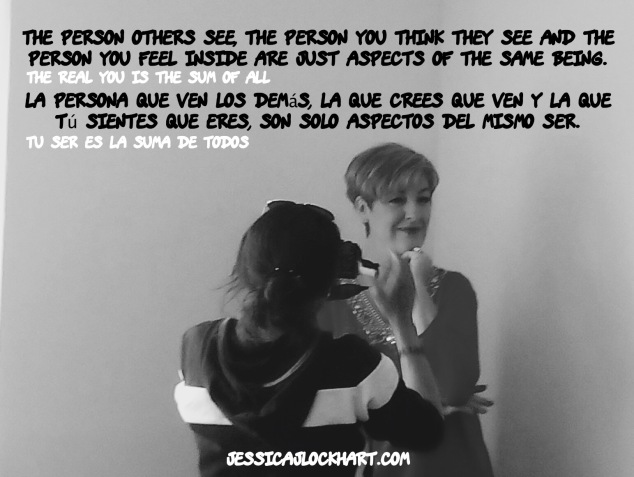
Fragmento de KARIBOO, por Jessica J. Lockhart
Kariboo estaba realmente atemorizada… Después de todo aquel tiempo en el orfanato, por fin había conocido a la que sería su familia para siempre. Pero se habían marchado sin ella. El miedo y la preocupación controlaban su pequeña mente, no dejándole pensar en ninguna otra cosa.
Muchos niños adoptados han sentido profundos miedos. El miedo a lo desconocido, el miedo al abandono, el miedo a la soledad, el miedo al fracaso, el miedo a muchas cosas.
Una vez el ser humano siente miedo, este se introduce en su mente y es muy difícil de erradicar.
¿Cómo puedes ayudar a tus hijos a vencer esos y otros miedos?
En primer lugar, déjame que te explique que el miedo siempre está en el futuro. “¿Y si…?” son las palabras que preceden a la experiencia de cualquier miedo. El miedo es una preocupación extrema ante qué puede ocurrir si pasa algo. Incluso en las situaciones más urgentes, cuando estamos ante la causa de nuestro miedo, estamos pensando, “¿y si…?” Imaginemos que lo que nos da miedo son los ratones. Nuestra mente no teme al animal como tal, sino a qué puede ocurrir si… el ratón se nos acerca o incluso nos toca, si nos muerde, si no podemos huir de él, etc. Una vez los niños entiendan esa realidad, será mucho más fácil manejarla.
Después, enseña a tus hijos algunos trucos para volver al ahora y dejar de centrarse en el futuro. Algunas sencillas técnicas de concentración o mindfulness pueden resultar útiles. Por ejemplo, enséñales a elegir un objeto en la sala donde estén y a centrar los cinco sentidos en él. Primero deberán ver el objeto en todo lo que resulte visible de él: sus colores, su forma, su silueta, sus luces y sombras, cómo destaca o no en su entorno y sobre los demás objetos que le rodean, etcétera; después, deberán imaginar qué sensación les daría tocar el objeto: su peso, su textura, las distintas superficies y las sensaciones que tendrían tocándolas con los dedos o con otras partes del cuerpo, y así hasta que no quede nada por sentir; en tercer lugar, deberán escuchar al objeto e intentar también percibir si absorbe algún sonido del entorno, o qué ruidos lo rodean; pasarán entonces al sentido del olfato, con el que intentarán oler el objeto o imaginar sus aromas y por último, el gusto, con el que intentarán imaginar qué sabor tiene el objeto. Para cuando hayan percibido el objeto con los cinco sentidos, estarán firmemente anclados en el presente y el miedo, con toda probabilidad, haya desaparecido o resulte mucho más manejable.
También se puede enseñar a los niños a distraer la mente utilizando lo que yo llamo el “interruptor mental.” La mente humana solo se puede concentrar de verdad en una única cosa a la vez. Podemos enseñar a los más pequeños a usar uno de los siguientes trucos cuando comiencen a sentir miedo: mantener el equilibrio sobre una pierna durante un par de minutos. O bailar toda una canción. O recitar las palabras de un tema musical que conozcan bien (no cantarlo, sino recitarlo). Al concentrarse en esas otras acciones, el miedo no cabe en la mente del niño.
Si se acostumbran a aplicar estas sencillas técnicas cuando acecha el miedo, es más que probable que poco a poco lo dominen hasta que el miedo llegue a desaparecer completamente.
Kariboo aprendió con Pepe a tener esperanza y paciencia, a sonreír y confiar. Sé tú el Pepe que necesitan tus hijos y ayúdales a conquistar sus miedos.
Disfruta de la vida, de toda ella,
Jessica J. Lockhart










 Many of us constantly punish ourselves for something we did (or didn’t do) in the past. We go back to those moments and analyze their every single second over and over again. Revisiting them provokes the same feelings we already had before.
Many of us constantly punish ourselves for something we did (or didn’t do) in the past. We go back to those moments and analyze their every single second over and over again. Revisiting them provokes the same feelings we already had before.


